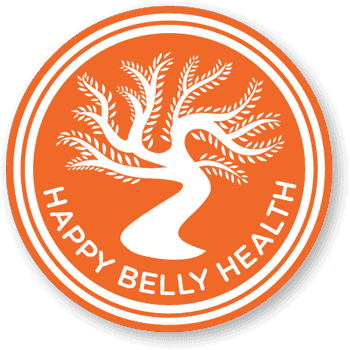Chewing Mindfully
The Importance of Chewing: The First Step to Better Digestion
Chewing & Digestion:
- Chewing is the first step in digestion, triggering the release of digestive enzymes that help break down food.
- Chewing is the first step in digestion, triggering the release of digestive enzymes that help break down food.
Carbohydrate Digestion:
- The digestion of carbohydrates begins in the mouth.
- Proper chewing makes fats, proteins, and minerals more available for absorption.
- The digestion of carbohydrates begins in the mouth.
Whole Food Carbohydrates:
- Whole grains and other complex carbohydrates should be chewed thoroughly and mixed with saliva until they become liquid.
- This process helps release their full nutritional value.
- Whole grains and other complex carbohydrates should be chewed thoroughly and mixed with saliva until they become liquid.
Enhanced Sweetness:
- The more you chew complex carbohydrates, the sweeter they may taste.
- The more you chew complex carbohydrates, the sweeter they may taste.
Benefits of Thorough Chewing:
- Efficient digestion leads to your body feeling lighter after meals.
- Efficient digestion leads to your body feeling lighter after meals.
How to Chew Properly
Focus on Chewing:
- Count the chews in each bite to help break the habit of eating quickly.
- Put your fork down between each bite to slow down.
- Count the chews in each bite to help break the habit of eating quickly.
Chewing Guidelines:
- Start by chewing each mouthful at least 20 times, gradually increasing to 30 or more as needed.
- Continue chewing until the food becomes liquid before swallowing.
- Proper chewing breaks down food into tiny bits, making it easier for your stomach and small intestine to digest.
- Saliva plays a crucial role in the digestion of carbohydrates.
- Start by chewing each mouthful at least 20 times, gradually increasing to 30 or more as needed.
When You Feel the Urge to Swallow:
- If you feel compelled to swallow before chewing enough times, move the food to the side of your mouth and swallow only the saliva (like you would with chewing gum).
- Then, continue chewing the food until it’s properly broken down.
- If you feel compelled to swallow before chewing enough times, move the food to the side of your mouth and swallow only the saliva (like you would with chewing gum).
Relaxation at Mealtimes:
- If you’re feeling pressured during meals, take deep breaths, chew slowly, and let the act of chewing relax you.
- Taking the time to chew thoroughly allows you to fully enjoy the spectrum of tastes and aromas in your meal.
- If you’re feeling pressured during meals, take deep breaths, chew slowly, and let the act of chewing relax you.
Mindful Eating Suggestions Before eating
Shower or wash hands and face.
Turn off the television, radio, telephone. Ideally, do not read either.
Find a clean quiet place to eat. Perhaps light a candle or play soft music.
Stretch, breathe.
Say a prayer or reflect on your gratitude for the meal.
Align your posture and breathe.
During your meal
Place a bite of food in your mouth.
Put your utensil down.
Place your hands together or rest them calmly while chewing.
Begin chewing and deep breathing.
Concentrate on what you’re doing. Enjoy and savor each bit of the food
Look at your food or something attractive. Or if you like, close your eyes partially or fully.
If you are enjoying the company of someone else, keep the conversation light and pleasant. Participate in active listening by pausing eating to engage.
After Eating
Reflect on your gratitude for the meal.
Sit and talk after your meal.
- Take a few belly breaths to relax and aid in your digestion.
Take a light stroll.
Excerpted in part from Power Eating Program: You Are How You Eat by Lino Stanchich.
Healthy Products Purpose LLC, www.eatonpurpose.com
Integrative Nutrition
